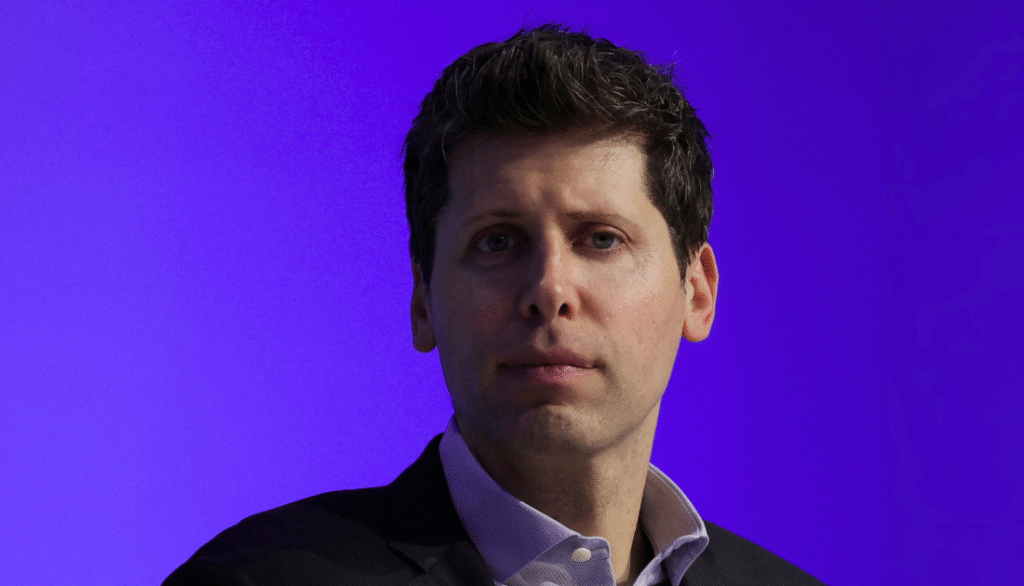OpenAI has once again delayed the release of its much-anticipated open-source AI model, citing the need for additional safety testing and internal reviews. Originally slated for release earlier this summer and then rescheduled for this week, the launch has now been postponed indefinitely.
Highlights
- Indefinite Postponement: OpenAI has delayed the release of its open-source model to conduct additional safety tests and internal reviews, with no new timeline provided.
- Safety-First Approach: CEO Sam Altman emphasized that once model weights are released, they’re irreversible—necessitating a cautious and responsible rollout.
- Major Strategy Shift: The model would allow developers to download and run it locally, a departure from OpenAI’s API-based access to GPT models—raising both interest and safety challenges.
- Strong Performance, High Stakes: OpenAI’s VP of Research stated the model is “phenomenal” in terms of capability, but its release must meet stringent safety, ethics, and transparency standards.
- Rising Competition: The delay comes as rivals like Moonshot AI (with its Kimi K2) and Meta’s LLaMA models gain momentum in the open-source space—raising pressure on OpenAI to act fast without compromising safety.
- Mixed Developer Reactions: Some developers support the focus on safety, while others express frustration, citing reputational concerns as a possible reason for the hold-up.
- Safety vs. Speed: The delay underscores the challenge of balancing innovation and public responsibility—especially amid growing regulatory and public scrutiny around AI misuse.
- Future Features in Consideration: OpenAI is internally exploring ways to link the open model with cloud-hosted GPT models for enhanced capabilities, but it’s unclear if this will be included at launch.
CEO Sam Altman announced the update in a post on X, explaining the company’s cautious approach:
“We need time to run additional safety tests and review high-risk areas. We are not yet sure how long it will take us. Once weights are out, they can’t be pulled back. This is new for us, and we want to get it right.”
A Shift in Strategy Toward Responsible Openness
Unlike OpenAI’s proprietary GPT models, which are accessible through APIs or ChatGPT, the upcoming model would be downloadable and runnable locally—offering developers direct access to the model’s weights.
This represents a major shift in OpenAI’s distribution strategy and introduces new safety challenges.
Aidan Clark, OpenAI’s Vice President of Research, reinforced the company’s cautious stance:
“Capability-wise, we think the model is phenomenal. But our bar for an open-source model is high, and we think we need some more time to make sure we’re releasing a model we’re proud of along every axis.”
Although no new release date has been provided, anticipation remains high. Earlier in the year, Altman hinted that the model had achieved something “unexpected and quite amazing,” though no specific technical details have been shared publicly.
Competitive Landscape Intensifies
OpenAI’s delay comes at a time of growing competition in the open model ecosystem. Just hours before the announcement, Chinese AI firm Moonshot AI unveiled Kimi K2, a trillion-parameter model that reportedly outperforms OpenAI’s GPT-4.1 on multiple coding benchmarks.
Other contenders, including Meta’s Llama models and various Chinese open models, are also gaining traction, placing added pressure on OpenAI to deliver a competitive yet responsibly released product.
Cautious Support Meets Growing Frustration
Within developer communities, reactions have been mixed. On forums like r/LocalLLaMA, some users applauded OpenAI’s focus on safety and preventing misuse, especially in light of recent controversies like xAI’s Grok chatbot producing harmful content.
However, many developers expressed frustration over the delay. Some viewed the decision as overly cautious, while others questioned whether the delay was driven more by reputational risk than technical concerns.
Safety vs. Speed
A key concern highlighted by OpenAI is the irreversibility of releasing model weights. Once made public, they cannot be recalled—raising the stakes around potential misuse.
Business Insider noted the timing of the delay aligns with increasing scrutiny around AI safety, particularly following recent incidents involving biased or harmful outputs from competing models.
There have also been internal discussions at OpenAI about allowing the open model to optionally connect with its more powerful cloud-hosted models for complex queries. However, it remains unclear whether this feature will be included at launch.


